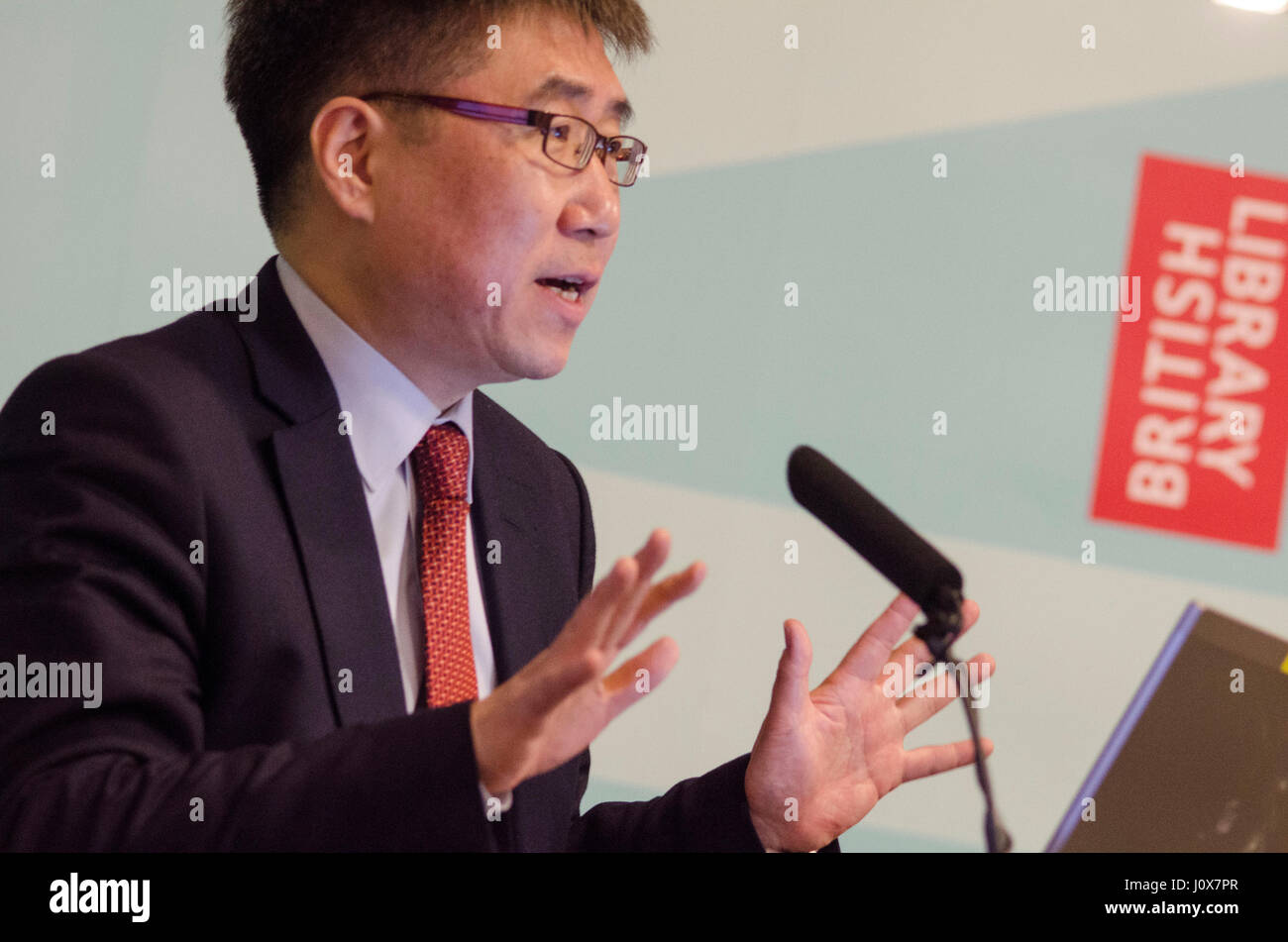


Secondly, it can be attributed to the tendency of believing that, given the right incentive, people will come up with a solution for any economic problem they face, and that this solution will be achieved through technological and scientific advances. This approach would imply that knowledge is objective and verifiable, which would elevate economics once and for all to the status of “science”. This involuntary transition can be attributed, first, to the belief of neoclassical economists that their field is based on “laws of steel” where markets are natural and impersonal and free of any ethical or political influence. Professor Chang began his lecture by establishing the common ground between neoclassical economics and science fiction, where the former, he explains, has turned into the latter. Furthermore, he invited us to reflect on the power of imagining futures beyond the limits of the economic and social institutions we know today. This time, through a recapitulation of some of the masterpieces of science fictions, he spoke about the implications of assuming that the economy develops, like physics or chemistry, on the basis of natural laws. Ha-Joon Chang is known for trying to explain to us mortals how economics works and how we can question the dominant theories and institutions that we take for granted. You can also watch the lecture back on YouTube or listen to it as a podcast. Read MSc student Arantza Rodríguez Fragoso’s reflection on the lecture and below. He has authored or edited books more than 25 books including Kicking Away the Ladder and 23 Things They Don’t Tell You About Capitalism. Ha-Joon Chang is Professor of Economics at SOAS University of London. On Friday 14 October, Ha-Joon Chang gave the first lecture of the Cutting-Edge Issues in Development series 2022 on “Economics vs Science Fiction – what can each learn from the other?”.


 0 kommentar(er)
0 kommentar(er)
